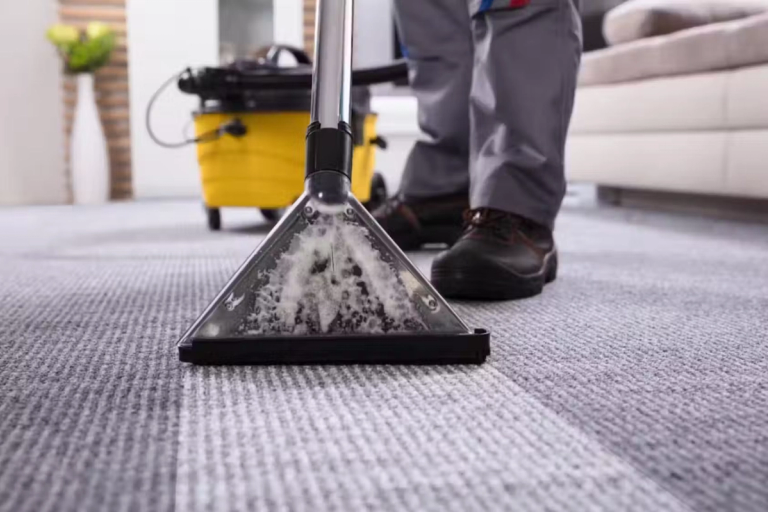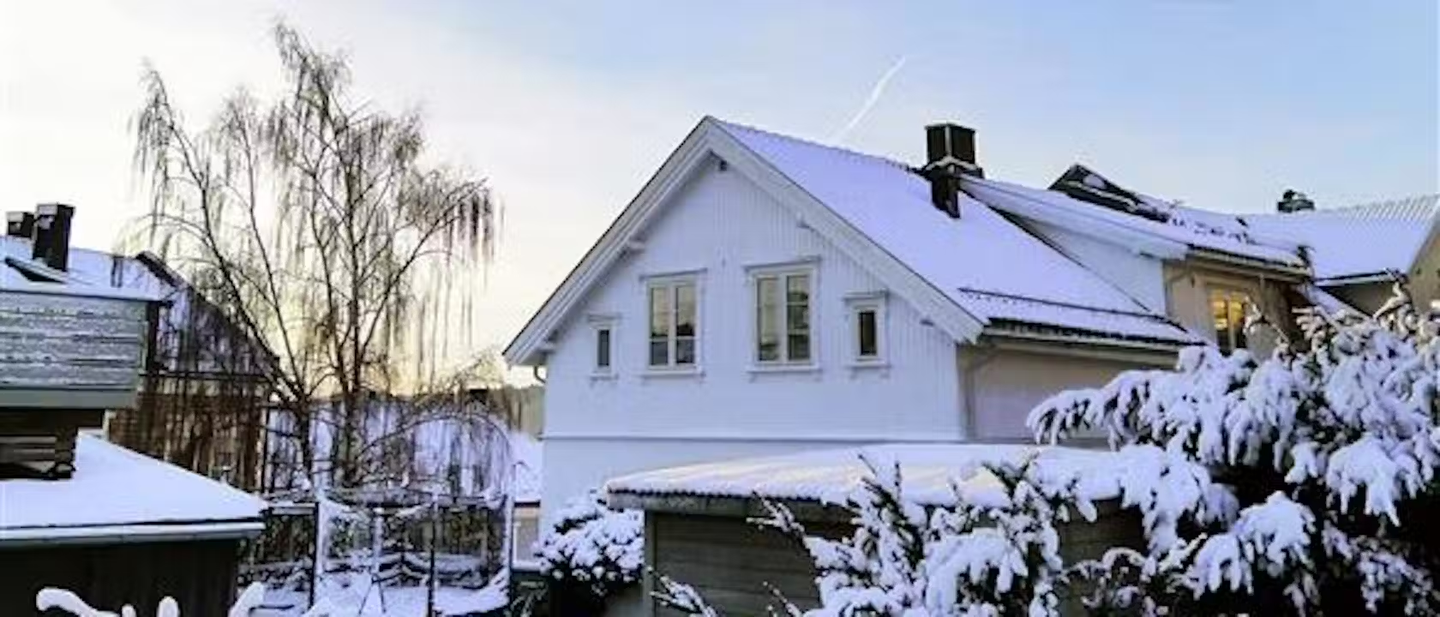It's that time of the year when the Met Office is issuing yellow warnings for snow & ice & you start to see predicted temperatures like -4.
Yikes!
With winter weather making a grand entrance, we'll need to make sure our homes will be able to make it through the drastic cold weather.
It might sound extreme but with the snow, ice and sub-zero temps, comes some potential damage to our homes.
Here are a few tips on how to protect your home from the freezing weather.
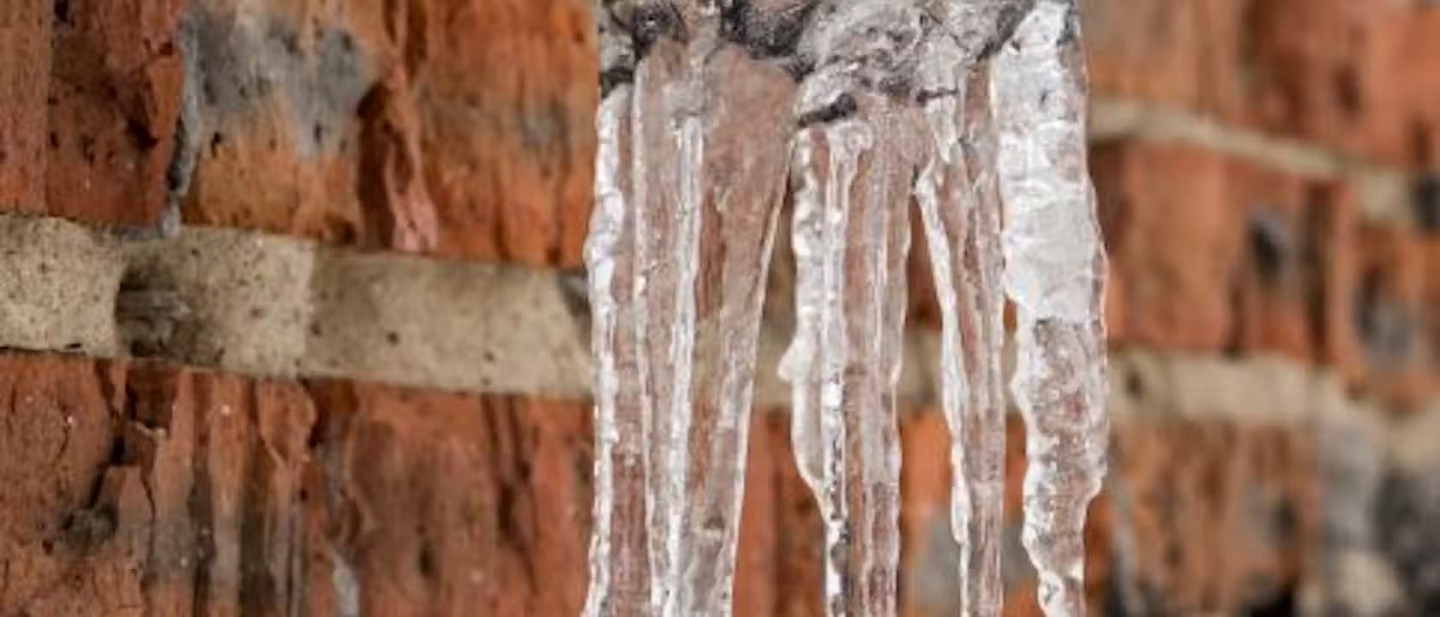
Check your pipes
In the colder months, there's a possibility that your pipes could freeze.
If they do, that could lead to your pipes bursting, causing water damage to your home.
To avoid this from happening, check that the pipes in your home are insulated and if they aren't, you (or a professional) will need to add some pipe insulation.
Should your pipes unfortunately burst, you can hire dehumidifiers, dryers & pumps from HSS DIY to help you remove any water.
Turn off outdoor taps
If you have any outdoor taps, switch them off during the winter months.
Just like the pipes in your home, your outdoor taps can also freeze.
You can turn them off by using the indoor valve & open the tap to release any water inside to drain out so it doesn't freeze inside the tap.
Test the water valve
If the unfortunate happens and your pipes burst or you find yourself with a leak, you'll need to turn the main water supply off ASAP.
It's important to know where your water isolation valve (aka stopcock) is so you can test it every so often so it doesn't seize up.
The last thing you want is to not be able to switch your water valve off when there's a pipe leaking somewhere in your home!
Should you find the valve is stiff, use some WD-40 to help loosen it up. If that still doesn't work, call a professional plumber asap!
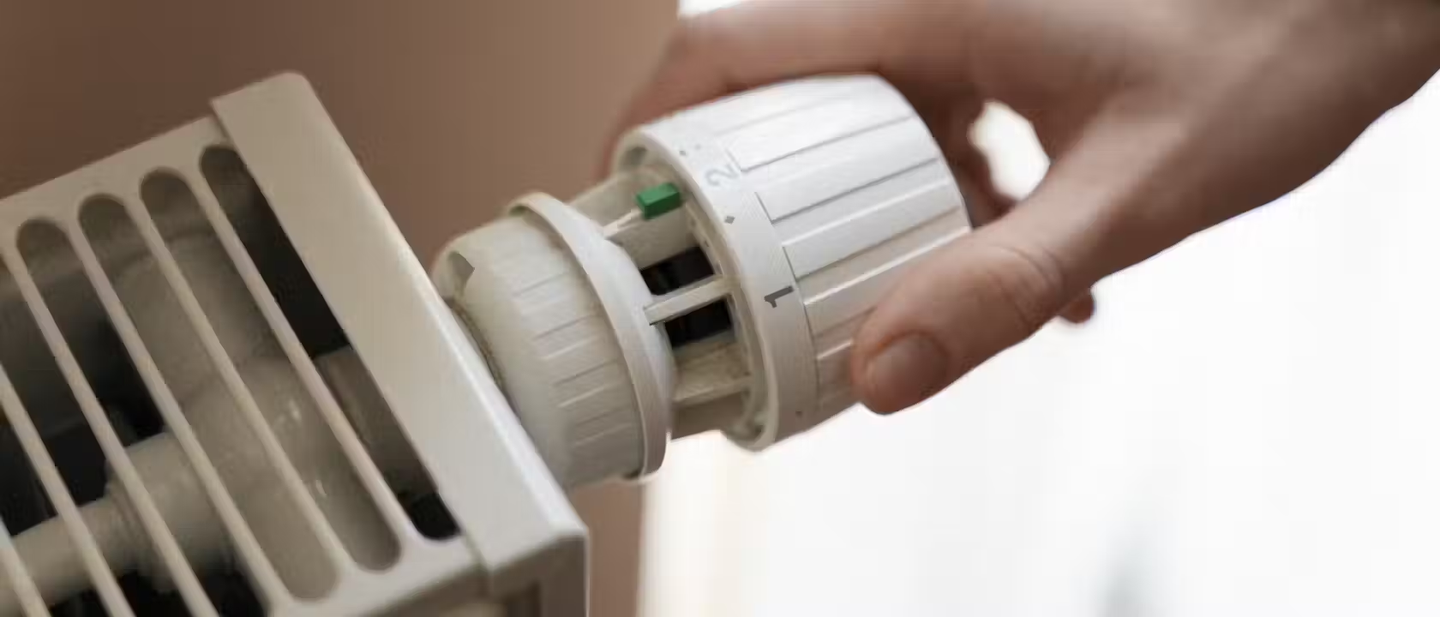
Set a timer for your heating
Sometimes we have to be away from our homes during winter.
Whether it's a trip away or if we have to be out for long hours for work, when that cold snap hits, it might be an issue for our pipes.
Setting a timer for your central heating means you can plan for it to come on at certain times of the day.
This will help to prevent your pipes from freezing & to make sure your home is toasty when you get back.
Block any draughts
Draughts are sneaky and can get in through the tiniest of spaces.
When temperatures dip, we want to be warm and cosy, not cold and breezy!
Check all doors, windows, lofts, skirting boards and other areas in your home that might be bringing in the cold air and block the draught.
You'll find a wide range of draught excluding equipment to buy at HSS DIY.
Bleed your radiators
To keep your heating system running as smoothly as possible, check your radiators for any cold patches when they're on.
Should you find any, bleed your radiators to get rid of the air pockets that are causing them to not heat up properly.
Not sure how to bleed your radiators? We can definitely help with that.
Take a read of our blog all about how to bleed a radiator to get them back working the way they should.
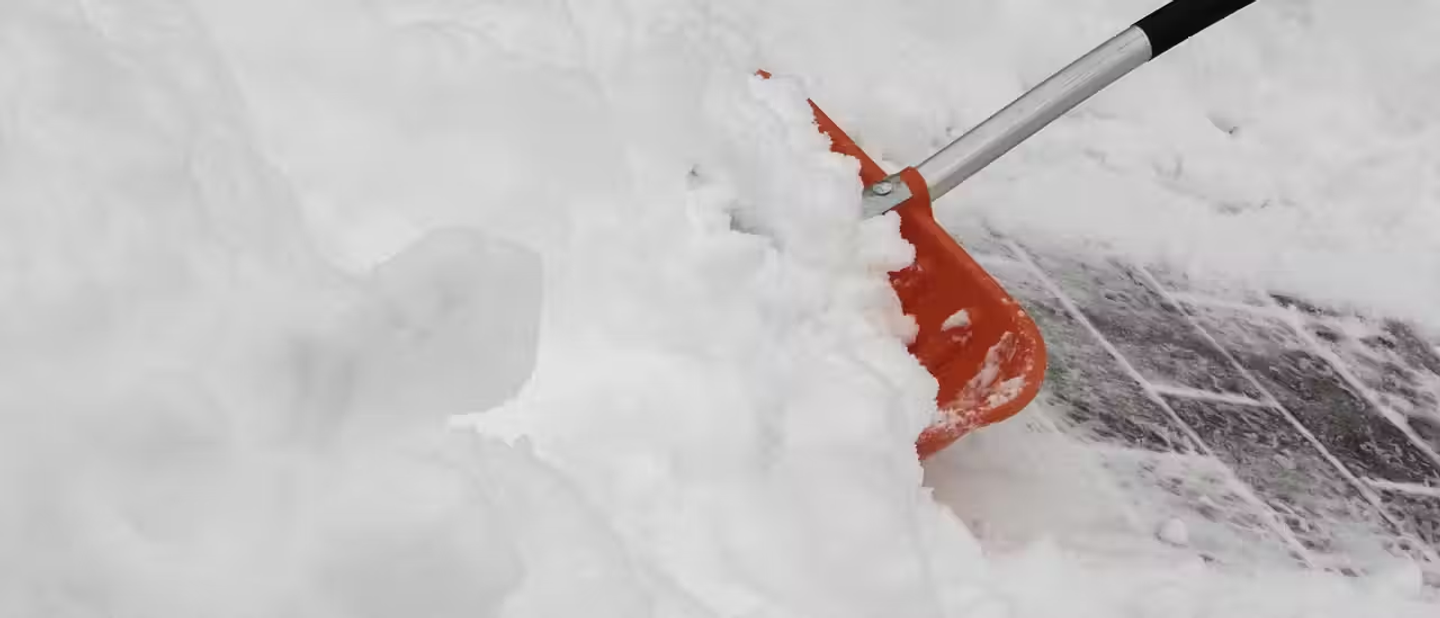
Be prepared
When the snow starts to fall fast and heavy, power cuts can occur.
We may also have to stay indoors for a period of time depending on the amount of snow fall or wintery conditions.
Having an emergency kit ready with the following items will be handy in case you're ever caught off guard by the weather & can't get outside:
- Candles
- Matches/lighter
- Torches
- Batteries
- First-aid kit
- Water
- Tinned foods
- Medication
It's always better to be prepared than unprepared!
Get de-icing
Keep your driveways & paths in your front and back garden clear from snow and ice during the freezing weather.
Shovel away any snow and throw some gritting salt down to prevent any ice forming to prevent any slips or falls.
When it comes to your car, reach for the de-icer. It works instantly and will dissolve any snow and ice from your windscreen & windows to get them clear again.
Stay snug & warm
This point is more about you than your home, but it is important just the same when the weather goes from chilly to freezing.
Whether you put on your heating, pile on the layers or want to sit hugging a hot water bottle, make sure you're staying as warm as you can, so you & your loved ones don't get any cold related sicknesses.
Shield your home from winter elements with HSS DIY
Keeping your home protected from the freezing weather is easy once you know how.
Doing simple pipe checks, bleeding your radiator & blocking our draughts can make such a difference to your home.
Don't forget HSS DIY is here to help any way we can.
For any pipe insulations, dehumidifiers, dryers, electric heaters, draught excluders, de-icer, gritting salt & other equipment you need can all be found online.






















